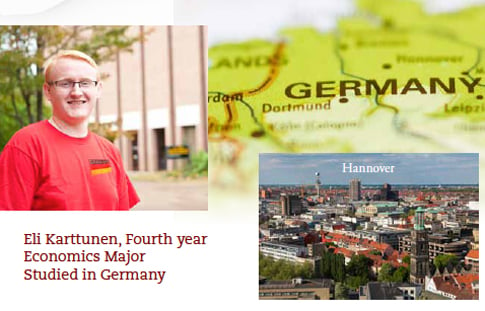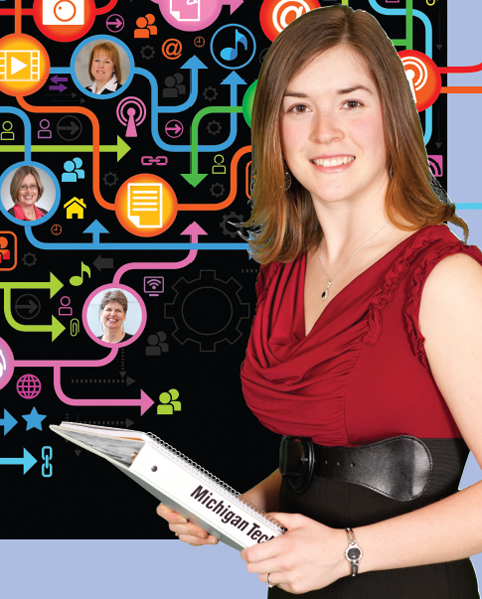
Please join the School of Business and Economics and Assistant Professor of Marketing Junhong Min for a brown bag lunch presentation on March 6th at 1pm in Academic Office Building 101. His presentation is titled: “The new product development using the decomposition analysis: stimulus presentation mode bias.”
Upcoming Presentations
- Andre Laplume – March 20, 12 – 1 pm, Outstreaming for ambidexterity: How serving internal and external customers can facilitate exploration



